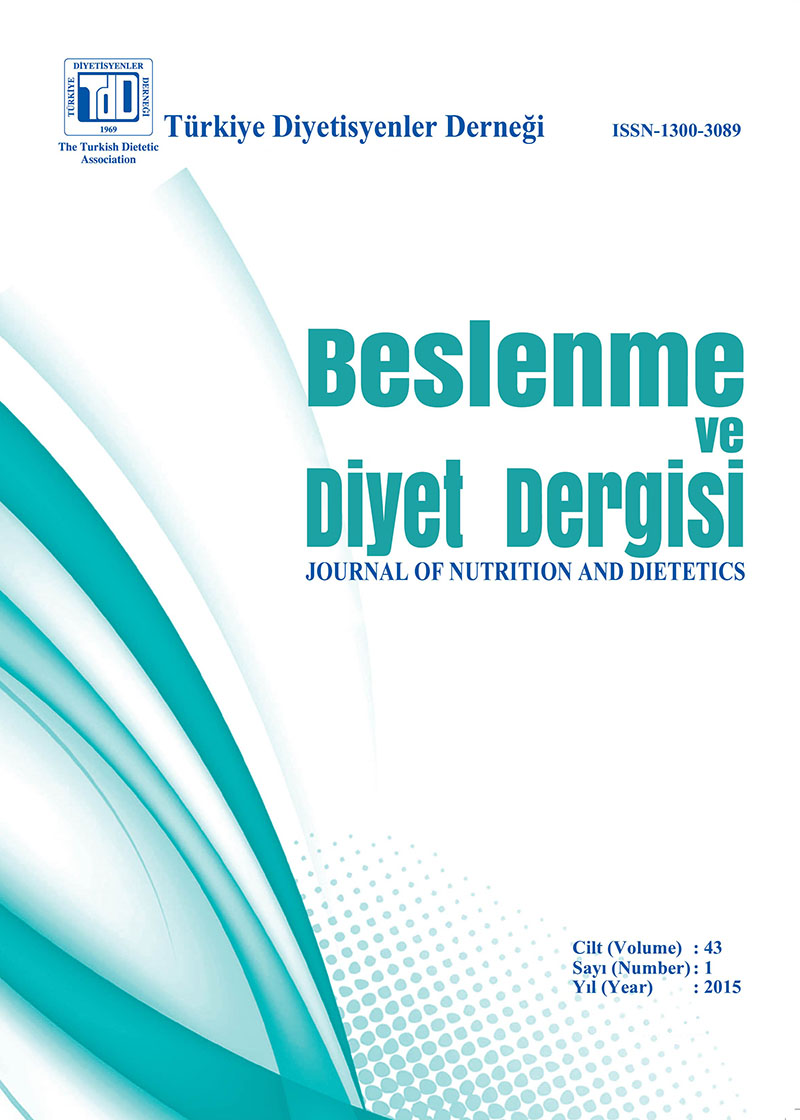Relationship Between Inflammatory Bowel Diseases and Anemia
Keywords:
Inflammatory bowel diseases anemia, iron, inflamationAbstract
Inflammatory bowel diseases (IBD) comprise two main distinct clinical entities: Crohn’s disease (CD) and ulcerative colitis (UC). These diseases occur in genetically susceptible individuals,influence gastrointestinal system are generally idiopatic. Anemia, a frequent systemic complication in patients with inflammatory bowel disease (IBD), has a complex and multifactorial pathogenesis (inflammation, iron, B12 and folic acid deficiencies, myelosuppression). Etiology of anemia of chronic disease in IBD is corruption at different levels of erythropoiesis. Anemia of chronic disease occurs when iron formed after destruction of erythrocytes is held in macrophages and dendritic cells in the reticuloendothelial system (RES) instead of being transferred to the erythroid progenitor cells. All these mechanisms are “functional iron deficiency” causes. Although in this case the iron in the body is not available for erythropoiesis. It was reported that presence of chronic inflammation in the body and negative effects of the drugs used in the treatment cause this situation. Recently there is a significant increase in prevalence of IBD but although many experimental studies have been performed, no agent could be found providing a complete cure in clinical practice. Treatment of IBD is mostly medical; there isn’t any evidence based protocol for medical nutrition therapy. In this review article , we aimed to evaluate the pathogenesis of anemia which frequently appears in the course of UC and CH and also medical nutrition treatment advised in remission of the disease in the light of the literature data.

